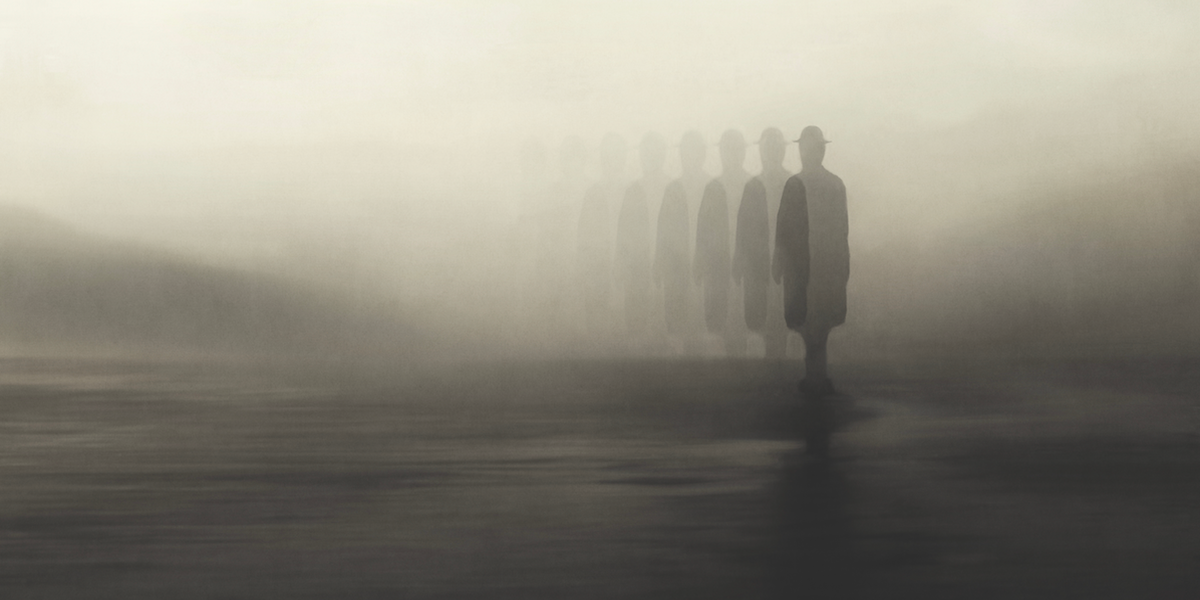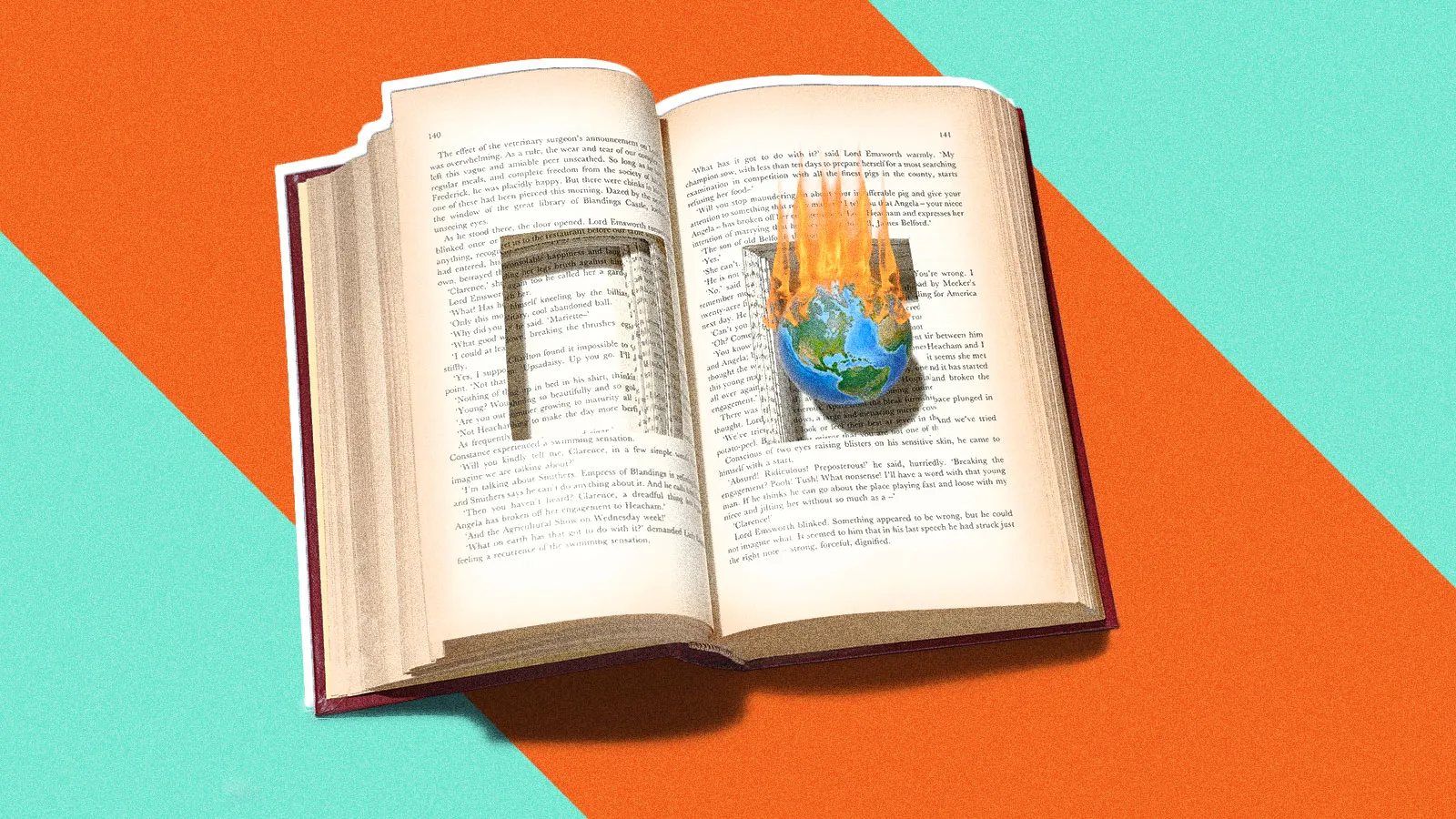As any bibliophile will tell you, the world of fiction is a treasure trove of diverse realms, offering a limitless exploration of human experiences, otherworldly adventures, and emotional odysseys. While many readers gravitate towards bestsellers and well-known genres like romance, science fiction, or fantasy, numerous underrated genres are waiting to captivate new audiences with their unique charms and storytelling richness. This journey to the literary road less traveled reveals distinctive voices and narratives, proving that sometimes, the most unforgettable stories lie off the beaten path.
Let’s delve into these hidden gems and uncover the underrated genres in fiction you should explore for a refreshing reading experience.
Contents
- Historical Thrillers: Where The Past Comes Alive With Suspense
- Magical Realism: Reality Marries Fantasy
- Epistolary Novels: Intimate Journeys Through Letters
- Bizarro Fiction: Embrace The Unexpected
- Cli-fi (Climate Fiction): An Ode To Mother Earth
- Speculative Fiction: Uncharted Territories Of Possibility
- Conclusion
Historical Thrillers: Where The Past Comes Alive With Suspense

Source: novelsuspects.com
Merging detailed historical context with nail-biting suspense, historical thrillers transport readers to bygone eras, unraveling mysteries and conspiracies against authentic backdrops of past events and cultures. While this genre shares roots with historical fiction, it introduces a thrilling twist, emphasizing danger and adrenaline-pumping action.
One of the noteworthy authors who skillfully brings the past to thrilling life is Colin Falconer. Falconer’s novels often feature intricate plots woven into historical events, demonstrating that the past can be as startling and unpredictable as the future.
His work invites readers to question what they know about history, suggesting shadowy undercurrents flowing beneath the surface of recorded events. Exploring historical thrillers doesn’t just entertain; it allows a profound reflection on how history often dances on the strings of mysteries and untold secrets.
This genre is perfect for readers who love the accuracy in historical accounts but crave the gripping excitement of a thriller. It’s an opportunity to engage with history, culture, politics, and human nature in a narrative that refuses to let you put the book down.
Magical Realism: Reality Marries Fantasy
Often overlooked due to its subtle and complex narrative technique, magical realism is a genre where extraordinary events blend seamlessly into realistic settings. This genre, deeply rooted in Latin American literature, offers a unique space where the lines between reality and fantasy blur, suggesting a world richer and stranger than one can perceive.
Authors like Gabriel García Márquez, with his iconic work “One Hundred Years of Solitude,” demonstrate that our everyday world is rife with magic, seen and unseen. This genre invites readers to reconsider the boundaries of reality, welcoming the enchantment hidden in the mundane.
For those looking for a profound, thought-provoking reading experience, magical realism might just be the hidden gem you’re seeking.
Epistolary Novels: Intimate Journeys Through Letters

Source: dubeat.com
In our digital age, the art of letter writing might seem archaic, but epistolary novels, stories conveyed entirely through letters, journal entries, or correspondence, have an irresistible, intimate appeal. This genre offers readers private access to characters’ innermost thoughts and feelings, fostering deep connections often missing in traditional narratives.
Works like “The Guernsey Literary and Potato Peel Pie Society” by Mary Ann Shaffer and Annie Barrows, revitalize this classic genre, providing insight into human relationships and historical settings through personal reflections. Epistolary novels are a profound reminder of the power and intimacy of written correspondence, offering a uniquely personal reading experience.
Bizarro Fiction: Embrace The Unexpected
For readers craving something out of the ordinary, bizarro fiction might be the perfect genre. Known for its outlandish scenarios, surreal humor, and the subversion of traditional storytelling norms, bizarro fiction takes you on an unpredictable ride. It defies categorization, offering a mash-up of horror, science fiction, and satire, all wrapped into a deliberately provocative narrative.
Authors like Carlton Mellick III, with his work “Satan Burger,” challenge the conventions of taste, style, and linear storytelling, proving that fiction can be as wild and boundless as the imagination. This genre is not for everyone, but adventurous readers who enjoy offbeat humor and absurdity will find bizarro fiction an exhilarating departure from standard fare.
Cli-fi (Climate Fiction): An Ode To Mother Earth

Source: grist.org
While dystopian and science fiction genres have gained mainstream appreciation, cli-fi, or climate fiction, remains a niche yet significant genre. Cli-fi explores the human and social consequences of environmental and climate change, often merging scientific concerns with a speculative narrative.
In works like “The Overstory” by Richard Powers, readers confront the stark realities of climate crisis, deforestation, and ecological collapse through interconnected stories. This genre is not just a platform for raising environmental awareness but also a compelling exploration of survival, sacrifice, and the human spirit amidst environmental calamities. For readers passionate about Earth’s future and humanity’s relationship with nature, cli-fi is both enlightening and deeply moving.
Speculative Fiction: Uncharted Territories Of Possibility
In the realm of the underrated, speculative fiction stands as a fascinating, boundary-pushing genre that often escapes mainstream recognition. Unlike the genre-specific constraints of science fiction or fantasy, speculative fiction umbrella is vast, encompassing any narrative that dares to ask, “What if?” These stories explore alternative realities, pushing beyond the known to reflect on society, technology, and human nature.
Speculative fiction bravely tackles “uncharted territories” of the human experience. Renowned works like Margaret Atwood’s “The Handmaid’s Tale” and Octavia Butler’s “Kindred” are testimonials to the genre’s capacity to discuss profound societal issues—totalitarianism, gender, race—within settings that, while not real, resonate powerfully with real human anxieties and aspirations.
This genre’s beauty lies in its limitless scope, free from the constraints of our reality. Writers of speculative fiction are cartographers of the unknown, creating maps to worlds that challenge our perceptions and social constructs. For the curious mind, these narratives provide not just escapism but a dramatic reflection of who we are through the distorted mirror of alternative realities.
For readers eager to traverse beyond the boundaries of conventional fiction, speculative stories offer intellectually stimulating adventures. They compel us to question the status quo and consider the profound possibilities of existence—making speculative fiction not just a genre to read, but an experience to ponder deeply.
Conclusion

Source: esquire.com
Unearthing the treasures in fiction often means wandering beyond the spotlight of the bestsellers and diving into the depths of lesser-known realms. Whether it’s the adrenaline of historical thrillers, the profound musings of magical realism, the intimate whispers of epistolary novels, the absurdity of bizarro worlds, the pressing concerns of cli-fi, or the limitless realms of speculative fiction, these hidden gems enrich our literary world.
These underrated genres challenge us, comfort us, and introduce us to new perspectives and realities. They remind us that sometimes the most profound stories are hidden away, waiting for the intrepid reader to turn the first page. So, dare to explore the unfamiliar. Embrace these diverse realms of fiction and discover the unexpected joys they hold. In the journey to the heart of literature, these unsung genres are, indeed, destinations worth the expedition.
